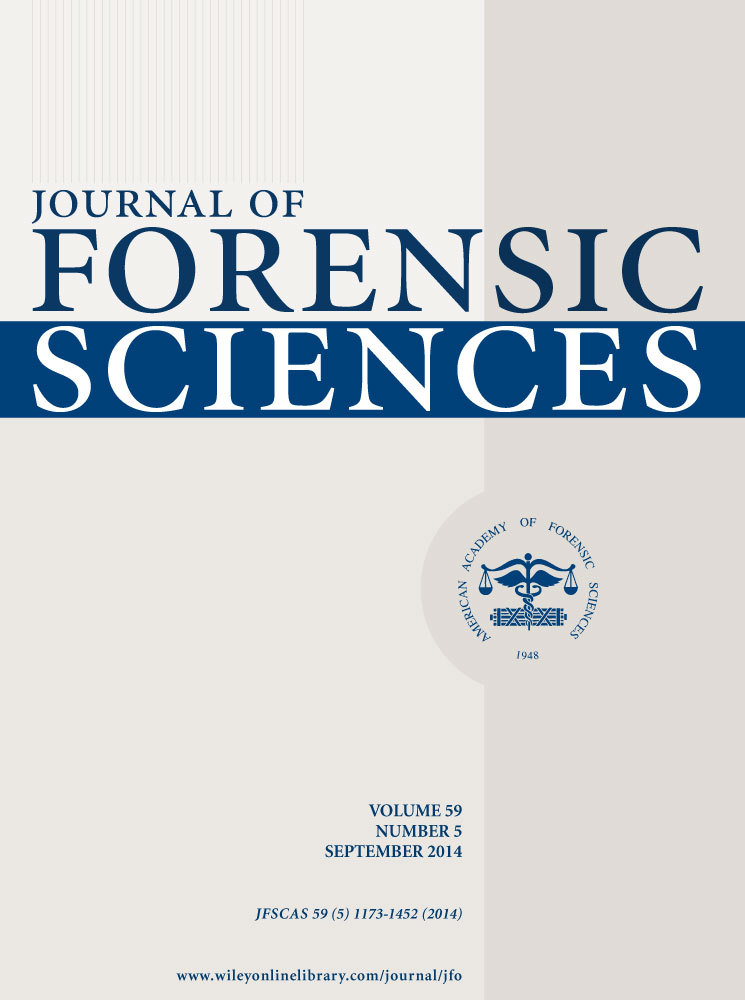The Relationship Between Mental Disorders and Types of Crime in Inmates in a Brazilian Prison†
Abstract
This cross-sectional study conducted in prisons in the city of Salvador, Bahia, Brazil, investigated the association between the presence of psychiatric disorders in 462 prisoners and the types of crimes committed by them. Psychiatric diagnosis was obtained by means of the Brazilian Portuguese version of the Mini-International Neuropsychiatric Interview. A statistically significant association was found between some psychiatric disorders and specific groups of crime: lifelong substance addiction with sex crimes and homicide; antisocial personality disorder with robbery and with kidnapping and extortion; borderline personality disorder with sex crimes; and lifelong alcohol addiction with fraud and conspiracy and with armed robbery and murder. It was concluded that the mental disorders considered more severe (psychosis and bipolar disorder) were not associated with violent crimes, suggesting that the severity of the psychotic disorder may be the factor that has caused psychosis to be associated with violent crimes in previous studies.




